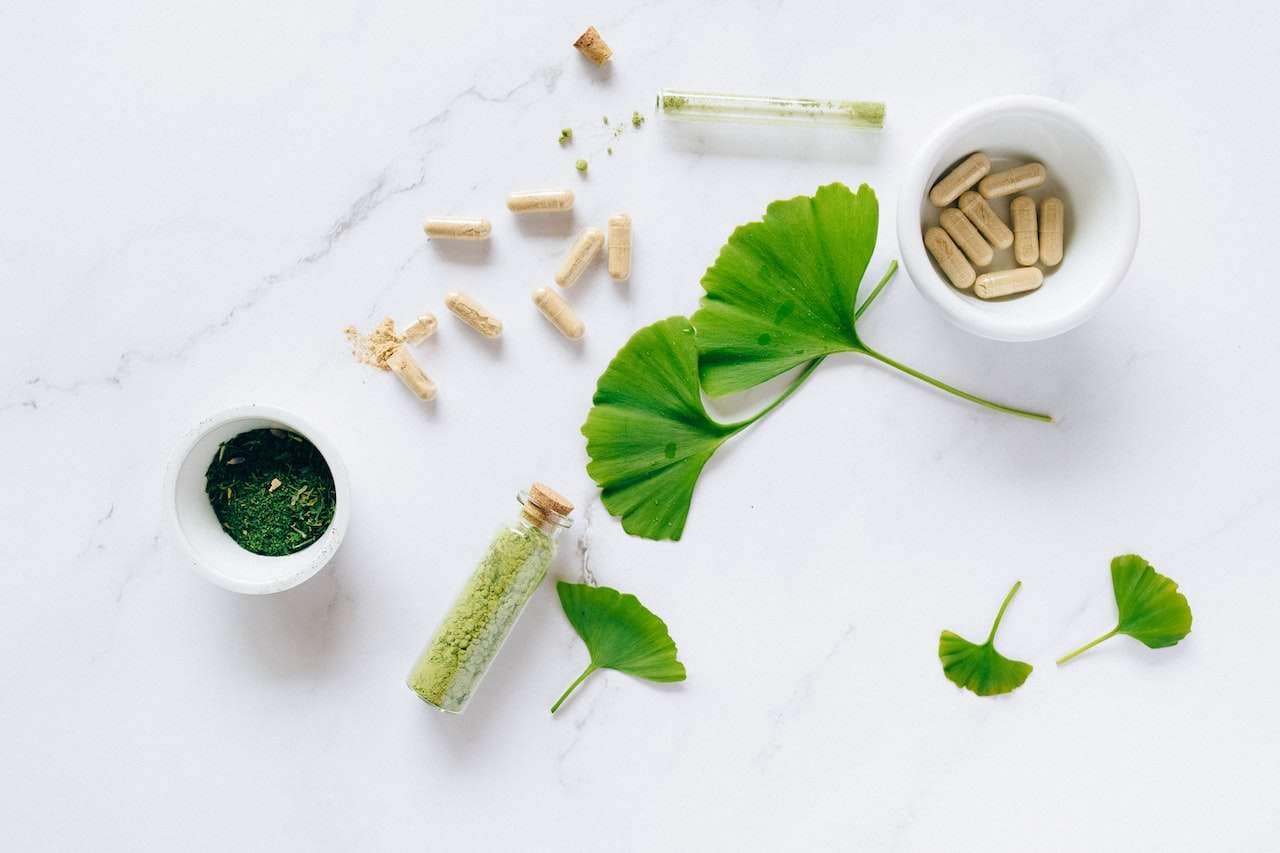People frequently reach for an over-the-counter drug as soon as they start to experience insomnia in the hopes that it solves their problem. More than anything else, these drugs may have significant side effects. As a result, many people use herbal medicines in an effort to treat their insomnia in a more holistic way. There are a number of herbal remedies that are quite effective in treatment insomnia. Many of the herbal medicines that are currently available on the market really resemble some pharmaceutical medications. But without the occasionally challenging and unpleasant side effects for the treatment of insomnia.
Herb Medicine
Human sedation has been linked to the catnip plant’s leaves. This method is safe for human consumption; the only drawback is that there is no prescribed dose to ingest. It is not a good idea for little children to take it, and pregnant women should also avoid using it due to the issue with proper dosing. Catnip is fantastic since it is simple to cultivate at home; in fact, many individuals who pick herbal medicines have herb gardens at their residences. Catnip has a comparable effect to a stimulant when taken by people who do not have ADHD, much like Ritalin does. Catnip has a highly calming and soothing effect on people and needless to say, it does the work on treatment for insomnia, while it has a stimulating effect for cats. So, stay clear of the herb garden with your cat.
Chamomile
For thousands of years, the chamomile plant has used to act as a treatment for insomnia. The chemical apigenin, found in chamomile, relaxes the muscles and promotes sleep. It has demonstrated in experimental settings that chamomile has a modest sedative and anti-anxiety effect on mice. Again, the exact dose of chamomile needed to make a sleeping pill has not discovered. It’s suitable for human consumption and may used by both nursing mothers and pregnant women. People who are sensitive to ragweed should avoid using chamomile. You may buy chamomile in its natural form or tea bags that have already processed.
It might be wise to research more natural insomnia remedies including those made with hops, kava, lavender, lemon balm, oats, passion flower, skullcap, and valerian. These plants are all sedatives and tranquilizers. Even these herbal supplements are quite safe for human consumption that is supposed to act sole treatment for insomnia. You should check to see if you already take any prescription prescriptions to be sure there won’t be any conflicts.
When insomnia gets really bad, doctors are sometimes forced to prescribe strong sedatives to encourage people to go asleep. While most patients who take these drugs report falling asleep and having strange dreams while they sleep, many also report being unable to function the next day. For this reason, a lot of individuals now choose to use natural insomnia remedies for the treatment of insomnia in order to prevent negative repercussions the next day. There are no difficulties the day after using herbal therapies.
